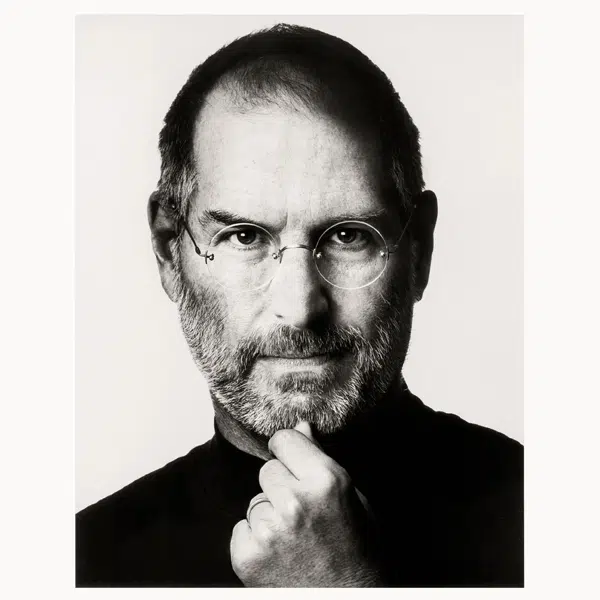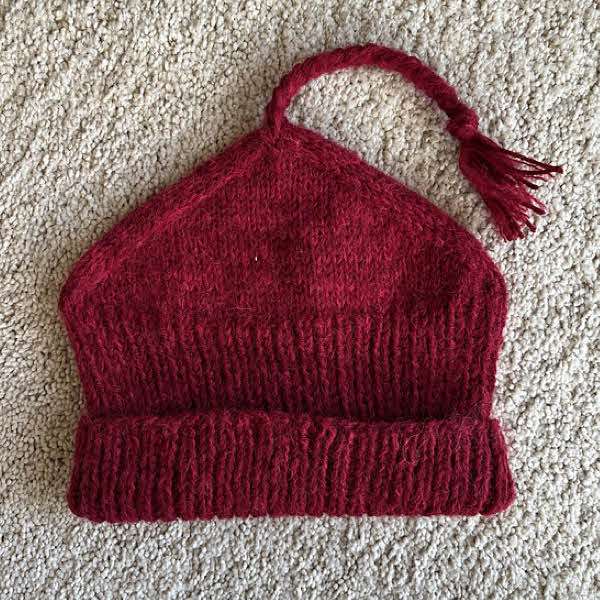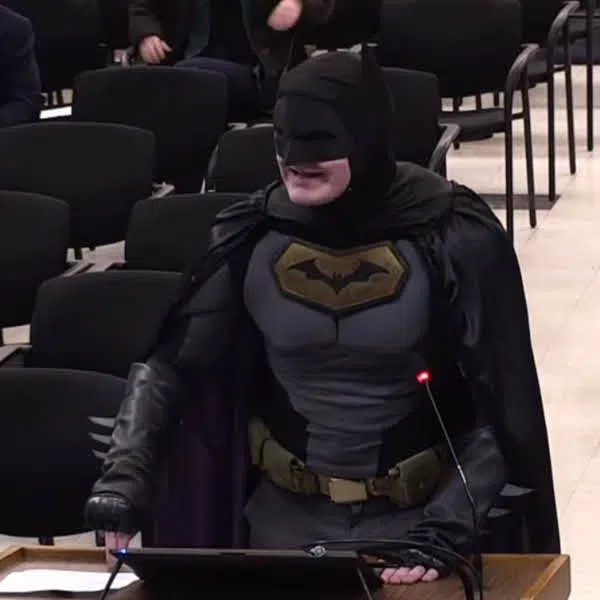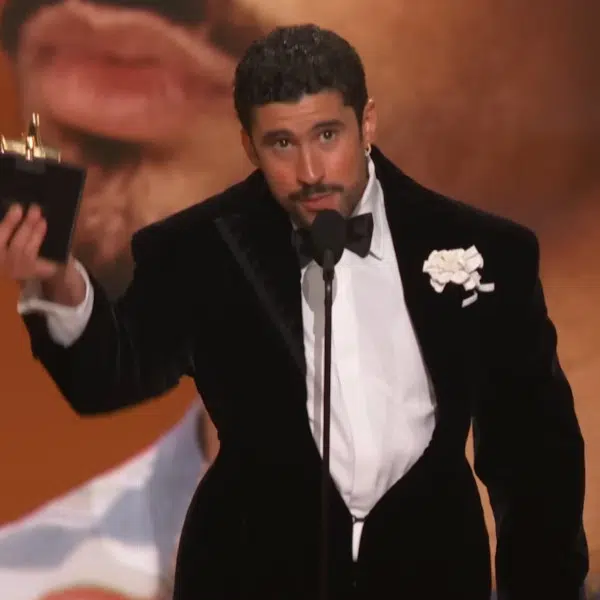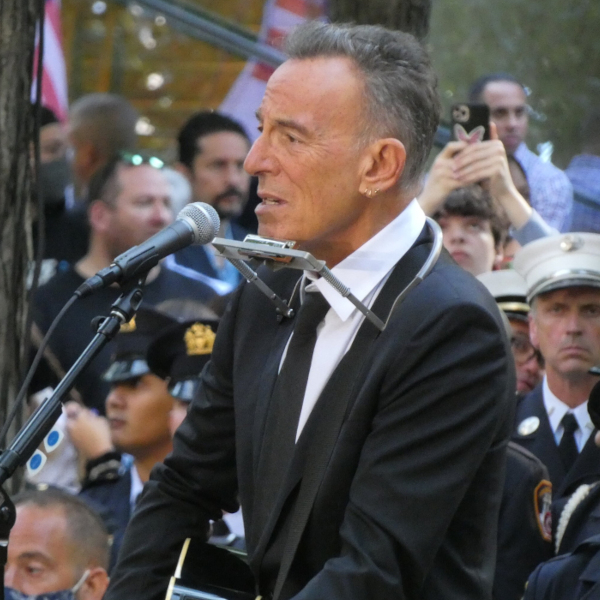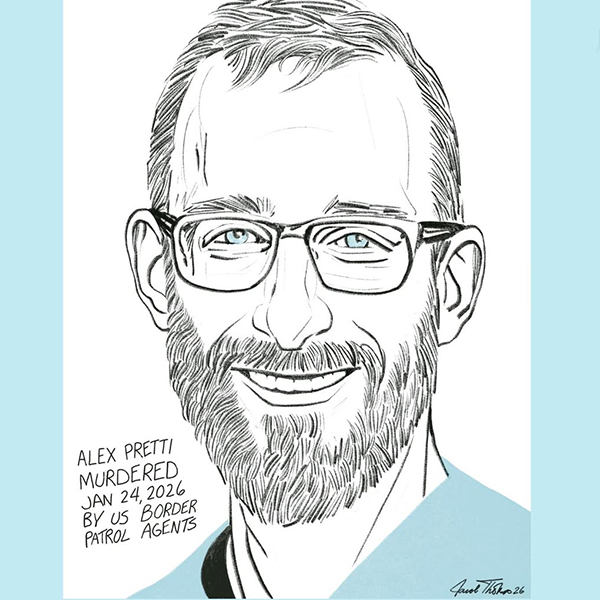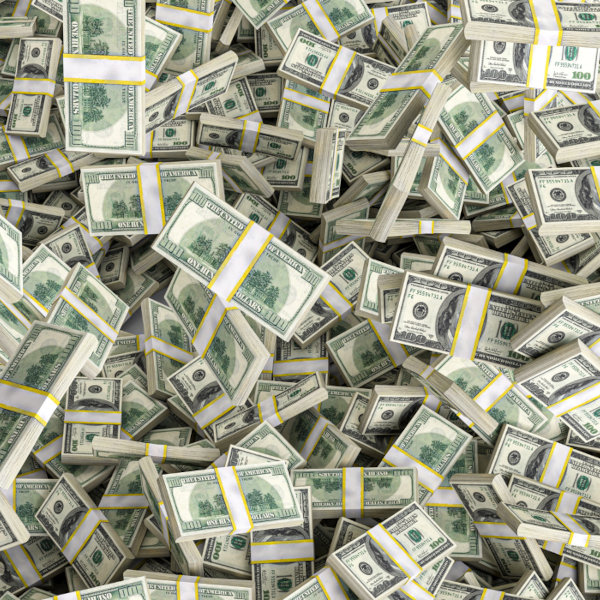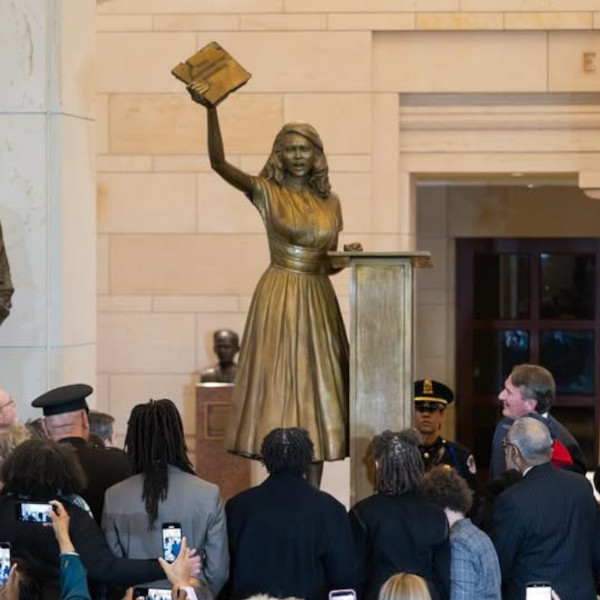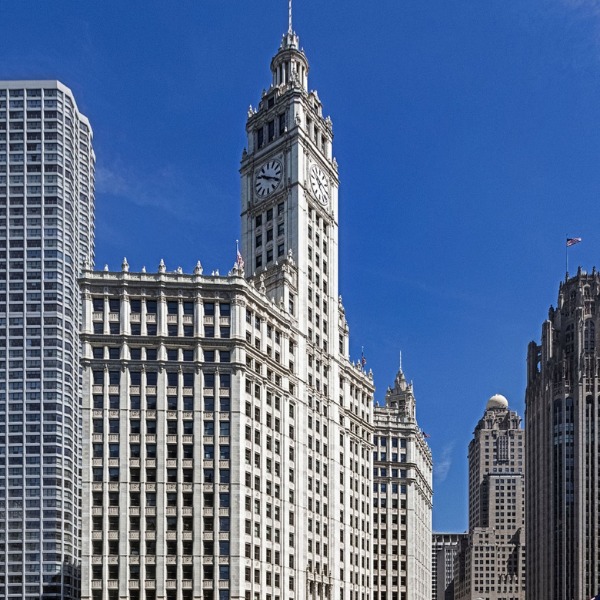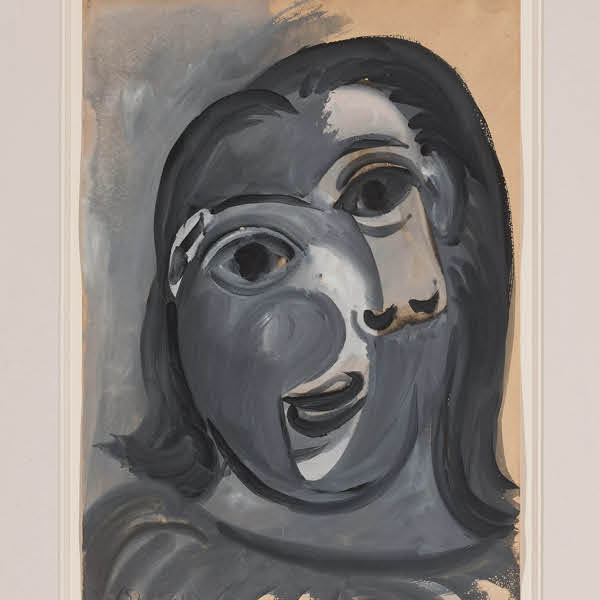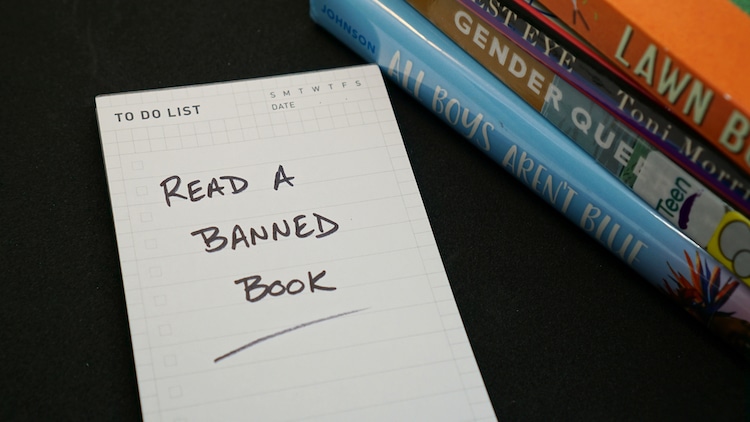
Photo: mariar12/Depositphotos
This post may contain affiliate links. If you make a purchase, My Modern Met may earn an affiliate commission. Please read our disclosure for more info.
When the American Library Association published its annual report, a troubling trend was clear—more books than ever are being banned in the United States. In 2021, the association reports that there were 729 challenges to 1,597 books, which is the highest number since the organization began tracking book bans 20 years ago. These challenges affect books in libraries, schools, and universities. Sadly, most of the book challenges were in regards to literature by authors of color or dealing with LGBTQIA+ issues. Luckily, some students are taking matters into their own hands.
With 456 books off the shelves, Pennsylvania is the state with the second most banned books—Texas leads the count with 713. Fourteen-year-old Joslyn Diffenbaugh, who lives in the small Pennsylvania town of Kutztown, loves reading. And so, she decided to start a book club. But this is no ordinary book club. In this group, everyone reads a book banned by a school district and then gathers to discuss them.
Prior to starting the club, Diffenbaugh had read two banned books dealing with police brutality—The Hate You Give by Angie Thomas and All American Boys by Brendan Kiely and Jason Reynolds. “They were really eye-opening,” says the eighth grader. “They are books that make you think.”
Diffenbaugh adds, “These books are great works of literature, and I really just didn’t understand why so many people wanted to ban them. It’s important that people read these books because it helps them grow.”
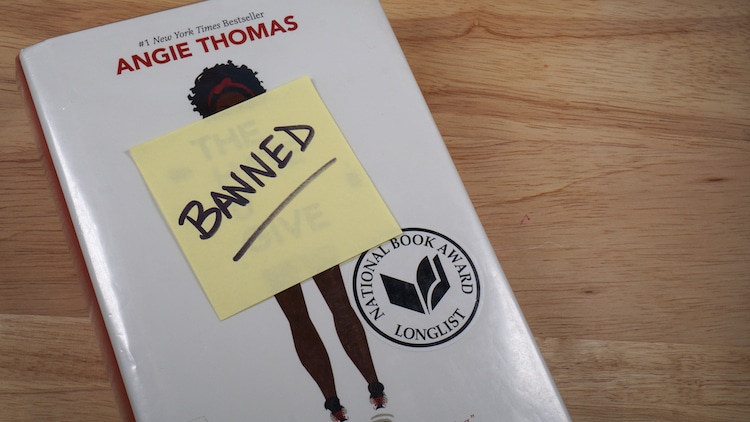
Photo: mariar12/Depositphotos
The teen was spurred to action when her own school district narrowly voted to keep Maia Kobabe's Gender Queer: A Memoir on the shelves of the high school library. With support from her family, Diffenbaugh approached a local bookstore to see if they could support the club, which is called Teen Banned Book Club. By keeping the club out of school, she hoped to attract interested students from other districts and allow everyone to voice their opinions without fear of censorship.
Diffenbaugh's is just one of many banned book clubs springing up as teens fight to make their voices heard. Several students also testified at a special hearing of the House Committee on Oversight and Reform in early April. This included Christina Ellis, a Black high-schooler from York County, Pennsylvania. She spoke about straightening her hair to avoid standing out and how having minority authors on the shelves would have helped her and others like her feel less alone.
“Banning books of those of minority backgrounds and unique backgrounds silences their voices and erases their history,” she said. “It’s not indoctrination, it’s education.”
Unfortunately, the American Library Association's research has shown that many books are being banned by administrators before they go through a full, public review. This is why book clubs like Diffenbaugh's have become so important. Thus far, there are 12 students participating in her club. They've read six books pulled from literature that has been both historically and currently banned. This includes Animal Farm and 1984 by George Orwell, as well as Melissa by Alex Gino and Stamped: Racism, Antiracism, and You by Jason Reynolds and Ibram X. Kendi.
Diffenbaugh is thrilled by the turnout and the discussions that the club has created. Some of this discussion is also centered around why the books were banned in the first place. As club member Bridget Johnson, 13, said, “A lot of the time, after I’ve read the book, I’m just like, ‘Why was this even banned?’”
Want to support independent bookstores, as well as the authors of the banned books? Check out our list of banned books over on Bookshop.
A record number of books were banned from U.S. schools and libraries in 2021.

Photo: maxxyustas/Depositphotos
In response, many teens, including Joslyn Diffenbaugh, are starting their own banned book clubs.
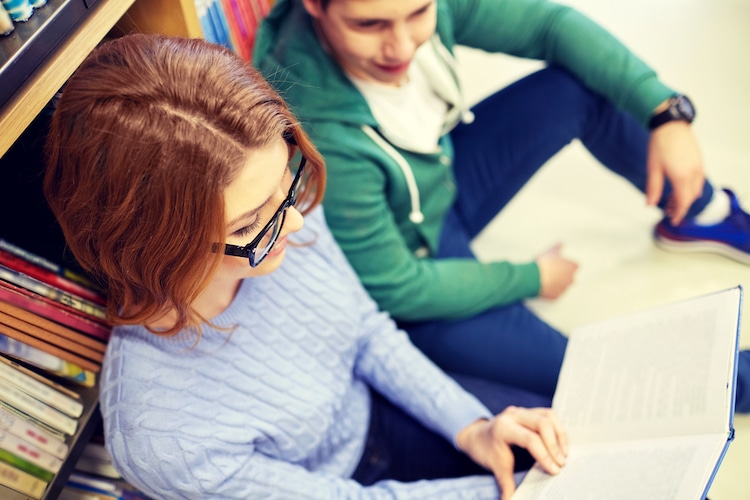
Representative image. (Photo: Syda_Productions/Depositphotos)
h/t: [Washington Post]
Related Articles:
20+ Children’s Books That Discuss Race and Racism
Artist Creates Replica of Parthenon from 100,000 Banned Books
DC Celebrates “Banned Books Week” with City-Wide Scavenger Hunt
New York Public Library Releases List of 125 Favorite Books to Honor 125th Anniversary











































































